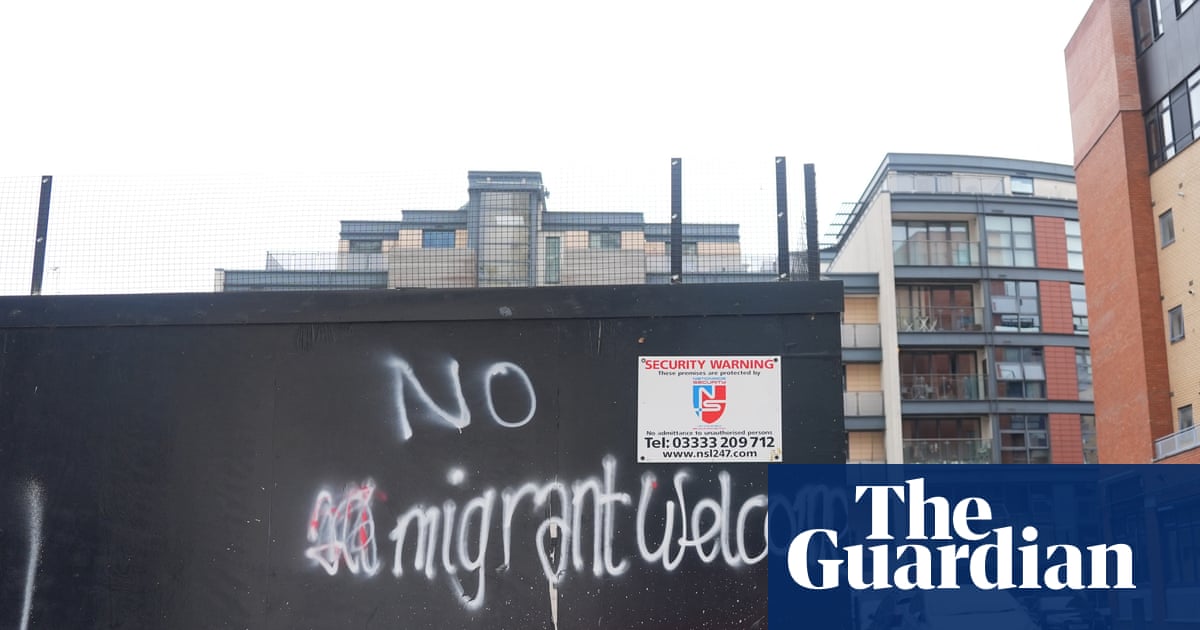
"Refugee support organisations have been forced to install safe rooms in their premises, relocate to less visible sites and in some cases close their offices in response to the threat of far-right violence. Half of NGOs and charities supporting people seeking refuge have faced threats, a hostile environment of protest and safety concerns since the riots of 2024, according to research documents seen by the Guardian."
"Some heads of the organisations have also received credible death threats, a claim supported by police sources. The organisations that were polled support tens of thousands of asylum seekers, refugees and other migrants. The threats have emerged as Keir Starmer faces a growing clamour from councils to block hotels being used to house asylum seekers through legal action, after a court ruled that more than 100 applicants staying in Essex should be moved."
"Data released on Thursday showed the number of asylum seekers being housed in hotels had risen by 8% to 32,059 in a year. Despite many people coming from countries known for serious human rights abuses and conflict, rates of asylum being granted to people coming from such countries as Afghanistan, Iran and Eritrea, for example, remain low compared with recent years."
Refugee support organisations have implemented physical and operational security changes, including safe rooms, relocations to less visible sites, temporary office closures and online-only services, in response to far-right threats. Half of NGOs and charities aiding people seeking refuge have experienced threats, hostile protests and safety concerns since the 2024 riots. Some organisation leaders have received credible death threats supported by police. The number of asylum seekers housed in hotels rose 8% to 32,059 in a year, while asylum grant rates for people from countries such as Afghanistan, Iran and Eritrea remain comparatively low. Coordination with police has increased, including added CCTV and removal of location information from websites.
Read at www.theguardian.com
Unable to calculate read time
Collection
[
|
...
]